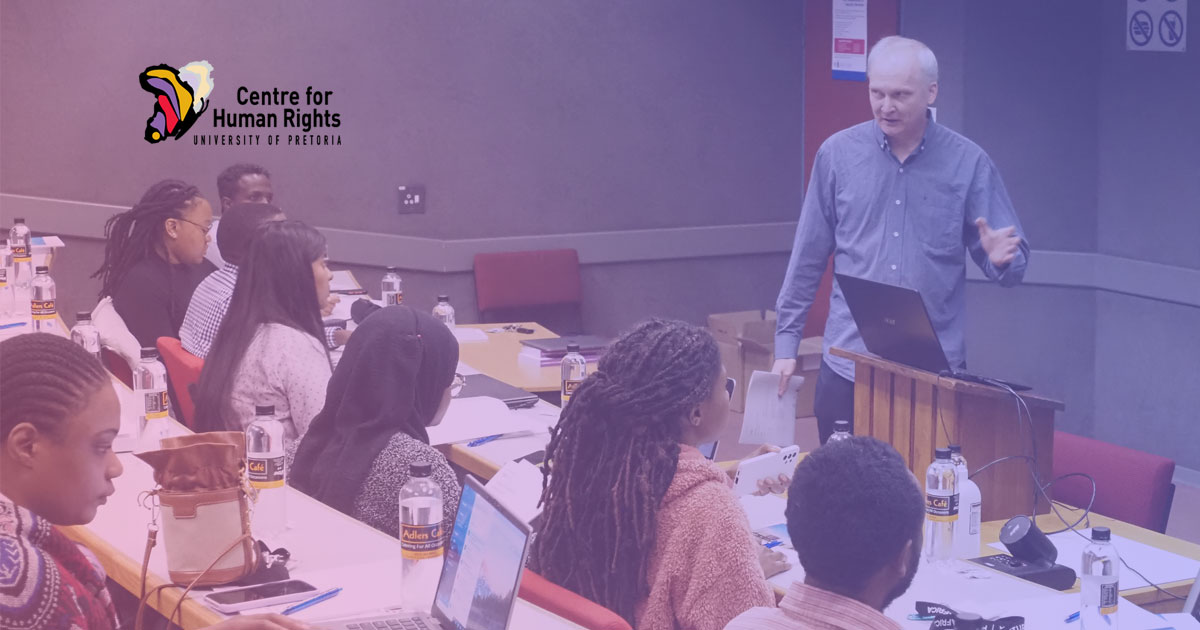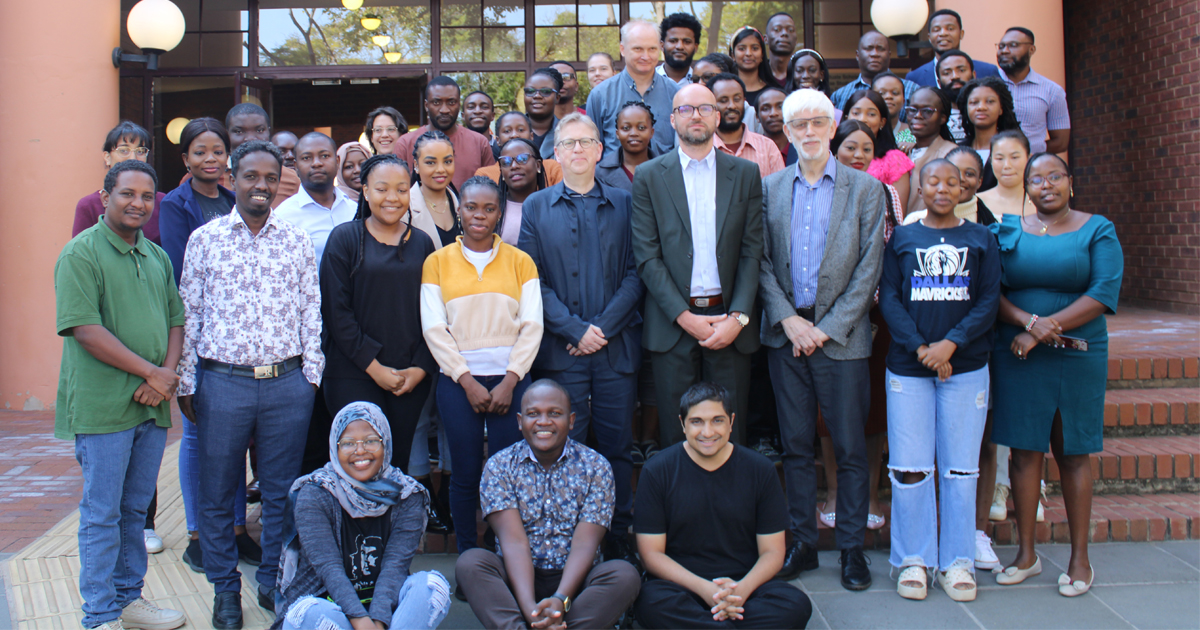All courses will be conducted in a hybrid format. Participants are therefore required to have access to a stable internet connection. Applications are fully online and prospective applicants need a Gmail account to be able to apply.
Course dates: 2025

Sexual Minority Rights in Africa
17 – 21 February 2025
Deadline: 20 January 2025

Business and Human Rights in Africa
2 – 6 June 2025
Deadline: 26 May 2025

Disability Rights in an African Context
17 – 21 March 2025
Deadline: 24 February

African Human Rights System in Comparative Perspectives
21 – 25 April 2024
Deadline: 4 April

Judicial Enforcement of Socio-economic Rights
5 – 9 May 2025
Deadline: 21 April
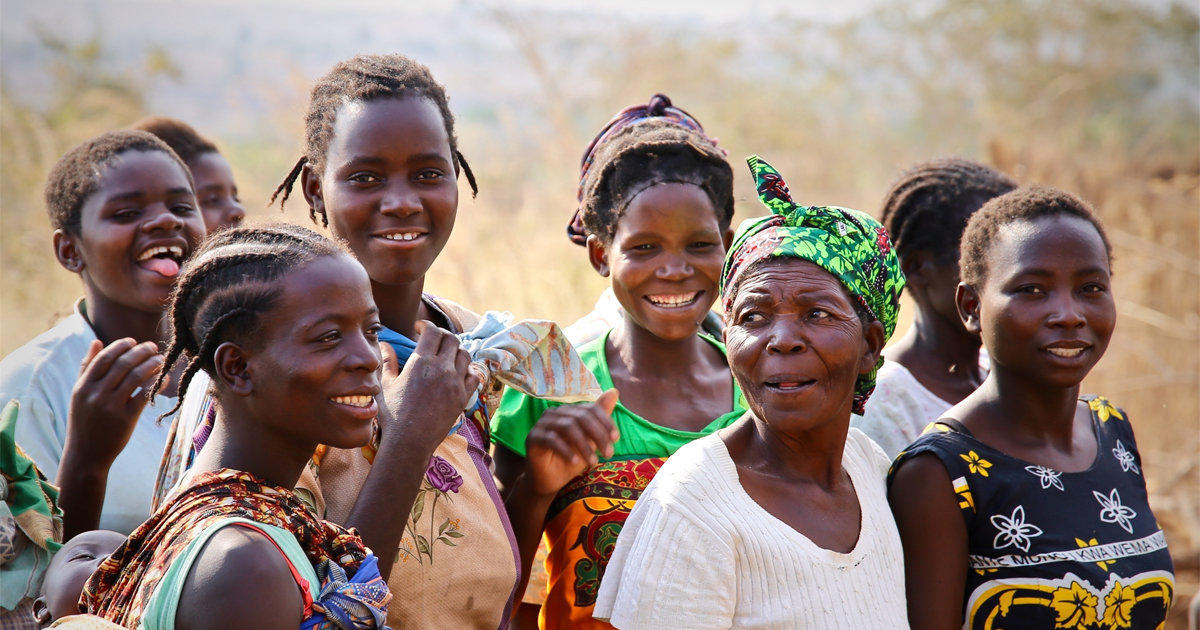
Women’s Rights in Africa
26 – 30 May 2025
Deadline: 12 May

Accountability and Oversight of the Criminal Justice System
2 - 6 June 2025
Deadline: 26 May

Children’s Rights in Africa
23 - 27 June 2025
Deadline: 30 April
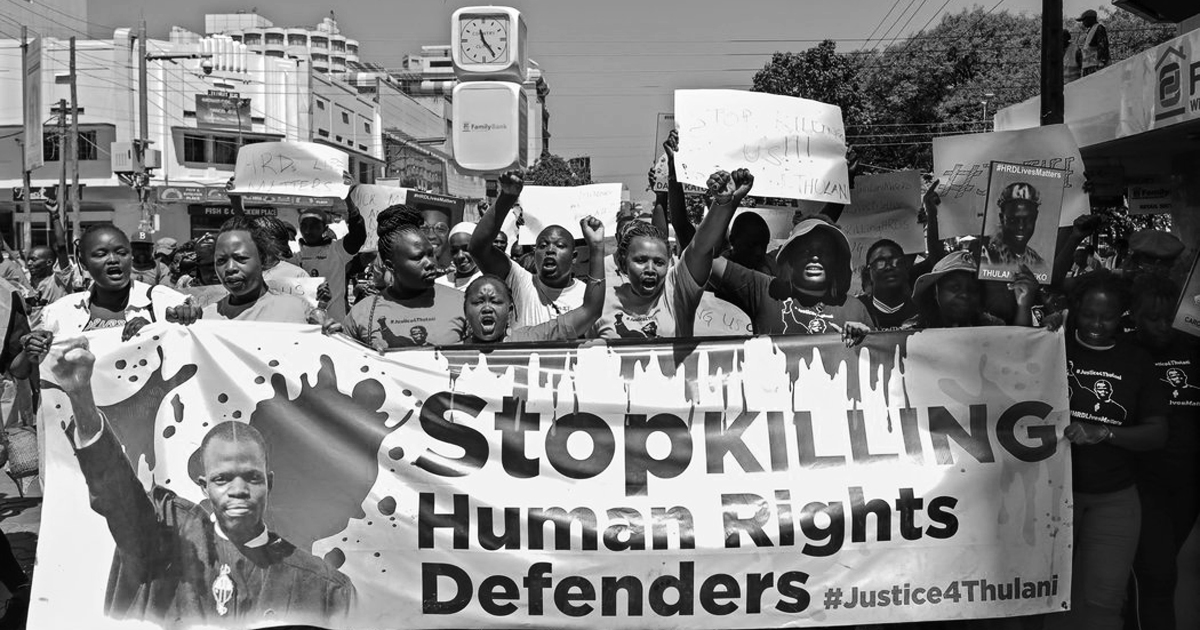
Civil Society Law in Africa
11 - 15 August 2025
Deadline: 28 July

The Right to Development in Africa
25 – 29 August 2025
Deadline: 18 August

Data Protection in Africa
15 – 19 September 2025
Deadline: 8 September
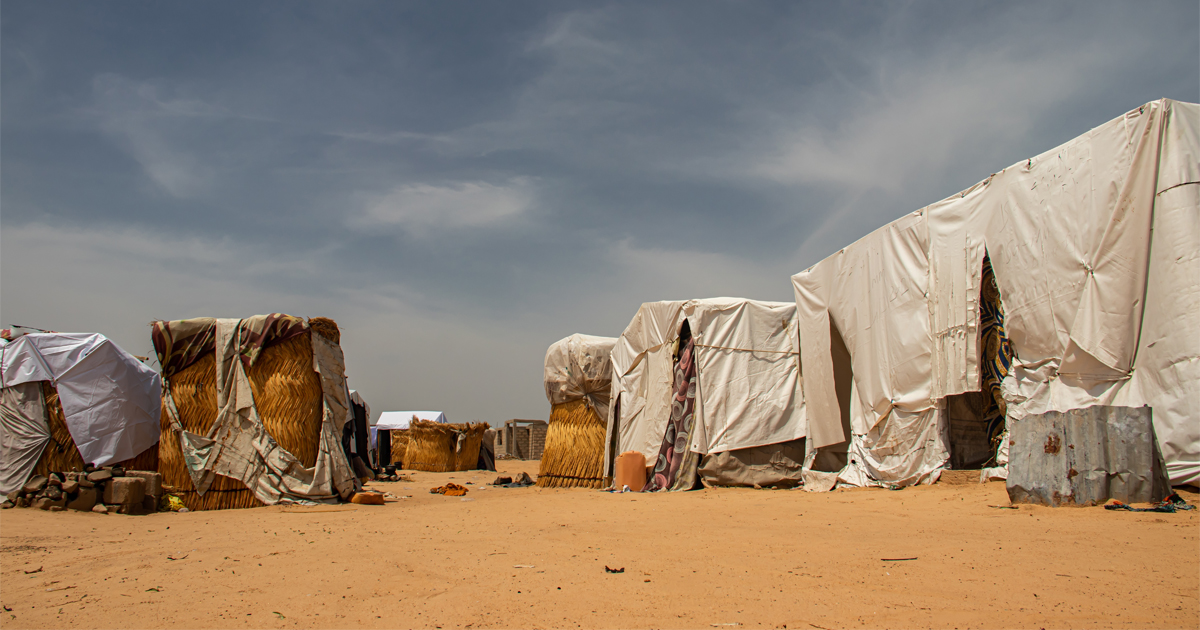
Protection of Forcibly Displaced Persons in Africa
3 - 7 November 2025
Deadline: 30 October 2025

Artificial Intelligence and Human Rights in Africa
27 - 31 October 2025

Indigenous Peoples’ Rights in Africa
17 - 21 November 2025
Deadline: 13 October
The Centre for Human Rights, Faculty of Law, University of Pretoria in collaboration with the African Global Trade Institute will host an virtual Industrial Policy Masterclass from 25 - 28 November 2024. This course is a globally relevant course and not country specific. The course is designed for policymakers, economists, legal professionals, government officials, the civic society and other stakeholders who want to develop their skills and knowledge of the legal and economic principles of industrial policy.
This course will help government officials in the policy space to better design, implement and assess policies within the new framework of the AfCFTA. For those in the private sector, this course will help to better understand the thinking behind industrial policy and formulate better business strategies to operate in a world where industrial policy is increasingly important.
The course provides a theoretical base to understand the principles behind industrial policy before dealing with how it is implemented. By the end of the course, the participants will have a solid understanding of industrial policy principles and be equipped with models to better assess industrial policies.
Course overview
Course length: Four days of 2.5 hours per day
Dates: 25 - 28 November 2024
Price:
- In South Africa R6 700.00 incl. VAT;
- For Non-South Africans US$ 400.00
Course type: Short course
Mode of delivery: Online (zoom)
Certificate: On successful completion
Language: English
Level of difficulty: Medium
Course prerequisites: Minimum grade 12 or matriculation
Course preparation: None
Course Content
Day 1: Introduction to industrial policy
- Supply, demand and the setting of prices
- Understanding opportunity cost
- There is no free lunch (costs and benefits)
- Concentrated benefits and dispersed costs
- What is industrial policy and what it is not
- What problem does industrial policy seek to solve? Protecting legacy businesses, improving productivity or supporting innovation?
- History of industrial policy
- The Corn Laws
- The Fordney – McCumber Tariff
- The Smoot Hawley Act
- The Jones Act
- Industrial policy implementation mechanisms
- Trade instruments – tariffs, export duties, quantitative restrictions and trade remedies
- Subsidies
- Special Economic Zones
- Government procurement
- Government sale of assets
- Contracted commitments
- A snapshot of industrial policy around the globe in the 21st century
Day 2: Part 1 - The theory of industrial policy
- Meet Frederich List, the father of industrial policy
- Meet David Ricardo – comparative advantage
- Pick your strategy: Import replacement or export orientation
- Meet Frederic Bastiat – Localisation’s original critic
- The theories of localisation and beneficiation
- Vertical and horizontal industrial policies. Introduction to the XA Policy Pyramid
Day 3: Part 2 – The theory of industrial policy
- The art, or not, of picking winners
- The importance of a competent state (Know your leviathan)
- The role of accountability
- The risk of creating oligarchs and concentrating wealth
- Opportunity costs and trade-offs
- The role of prices in allocating resources
- Industrial policy and the WTO
Day 4: Part 1 - The process of industrial policy
- The traditional policy making process
- Secrecy and lobbying
- The importance of participation and transparency - Introduction to the XA Policy Assessment Matrix
- Meet John Rawls. How to use the ‘veil of ignorance’ to improve policy formulation
Day 4: Part 2 - Measuring industrial policy
- The role of data
- How do you know when you have succeeded or failed? Using the SMART framework.
- The unmeasured part of industrial policy.
- The time it takes to make decisions and its impact on the policy efficacy
- The risk of evergreen support
- Meet the Reverent Thomas Bayes – Applying Bayesian thinking in the policy space
- The principles of good industrial policy
- Brief overview of the applied industrial policy masterclass
Payment
Account name: University of Pretoria
Bank: ABSA Bank
Account number: 214 000 0038
Branch code: 632005
Swift code: ABSAZAJJ
As reference please supply the following information: (A1F659) and Lastname
Please email a proof of payment to Mr Dennis Antwi at Dennis.Antwi@up.ac.za
NB: Do not make payment until you have received confirmation that you have been accepted for the course.
NB: Kindly note this is part 1 of a 2 course series. The second course on applied industrial policy will be done in person as a two day workshop at the University of Pretoria before the end of March 2025. Course fees and details of this course will be communicated after completion of part one.
For more information, please contact: humanrights@up.ac.za

This masterclass is presented by the Centre for Human Rights, Faculty of Law, University of Pretoria in collaboration with the African Global Trade Institute.
The Centre for Human Rights, University of Pretoria and Ghent University, Belgium, hosted their annual advanced human rights course on the African human rights system in comparative perspective, with 40 in person participants and 30 online participants. Participants were drawn from a variety of sectors including legal practitioners, human rights advocates, civil servants and academics and included students on the Centre’s master’s programme in human rights and democratisation in Africa. Participants came from 19 African and two European countries.

The Centre for Human Rights, University of Pretoria, and the Global Centre on AI Governance will host an intensive short course on Artificial intelligence and human rights in Africa on 27 – 31 October 2025
Apply Online Download Brochure
Course details
Date: 27 – 31 October 2025
The course will be conducted virtually (Zoom)
Appluciation deadline: 30 August 2025
About the Course
This course explores the intersection of artificial intelligence (AI) and human rights, focusing on how AI impacts various human rights. The course aims to equip participants with the knowledge and skills to critically analyze and address the challenges and opportunities presented by the application of AI in Africa in the context of advancing and protecting human rights.
At the heart of the complexity of AI in our societies is the effect on humanity. The juxtaposed potential of AI to advance innovation that can power economic development with its potential for harming humanity, raises questions about accountability and the fundamental protection of human rights in the design, deployment and use of AI.
Participants of this course will assist human rights duty-holders in understanding their responsibilities in relation to AI; government representatives in fulfilling their human rights obligations in a changing digital context; human rights defenders in monitoring and advocating for the protection of human rights at risk from AI; and rights holders in claiming their rights and accessing remedies and redress where rights have been violated.
Course content
The course is structured into 15 sessions that are delivered over the course of a week, each addressing a critical aspect of AI and human rights:
Introduction to AI and Human Rights in Africa
- AI and Democracy in Africa
- AI and Persons with Disabilities
- AI and the Right to Privacy
- AI and Social Protection in Africa
- AI and the Future of Work in Africa
- AI and Climate Justice in Africa
- AI and National Security in Africa
- AI and the Right of Access to Information
- AI and Gender Equity
- AI and Children
- AI Governance: a Human Rights Based Approach
- AI, Privacy and the Role of Corporations
- AI and the Right to Health in Africa
- Redress & Remedy for AI Harms
Course Objectives
- Understand the fundamental principles of AI and the intersections with human rights.
- Analyze the impact of AI on various human rights.
- Evaluate International and African human rights frameworks and their applicability to AI governance.
- Engage in critical discussions on the social implications of AI in Africa.
Participation
Participation is limited to 25 individuals, prioritising candidates from diverse African countries. We encourage applications from civil society organisations, policymakers, academia, grassroots advocates, private sector professionals, and other relevant stakeholders. Certificates will only be awarded to participants who have attended and actively participated in all sessions of the course. An assessment consisting of written reflection notes at the end of each day will be required.
Fees
Participation in the course online is $150(USD) of charge.
Payment
Account name: University of Pretoria
Bank: ABSA Bank
Account number: 214 000 0038
Branch code: 632005
Swift code: ABSAZAJJ
As reference please supply the following information: (A0D648) and Lastname
Please email a proof of payment to Mr Dennis Antwi at Dennis.Antwi@up.ac.za.
NB: Do not make payment until you have recived confirmation that you have been accepted for the couse
Scholarships
Participants wishing to attend are required to write a short motivation for attending the course. A limited number of scholarships are available. These scholarships are awarded on a very competitive basis.
Important Notice
A high proficiency in English is required to attend this course. All lectures and materials are in English. Prior to applying for this course, please read through the information on the practical information.
Documents to be submitted
- Curriculum Vitae (short CV in PDF or Word document, maximum 3 pages, maximum 10 MB in file size)
- One Letter of Recommendation (PDF or Word document, maximum of 10 MB in file size)
- Motivation letter
- Academic Records (students only) (combined in one PDF or Word document, maximum 10 MB in file size)
For more information, please contact:
Dennis Antwi
Programme Manager: Advanced Human Rights Courses
Centre for Human Rights
Dennis.Antwi@up.ac.za
Henok Ashagrey
Project officer: Expression, Information and Digital Rights Unit
Centre for Human Rights
henok.kremte@up.ac.za
Fola Adeleke, PhD
Executive Director
Global Centre on AI Governance
fola@africanobservatory.ai
From 17 to 21 April 2023, the University of Pretoria’s (UP) Centre for Human Rights (Centre) hosted its annual advanced one-week human rights course (AHRC) on the African human rights system in comparative perspective. It did so with support from the government of Flanders, and in collaboration with Ghent University, a leading Flemish university.


